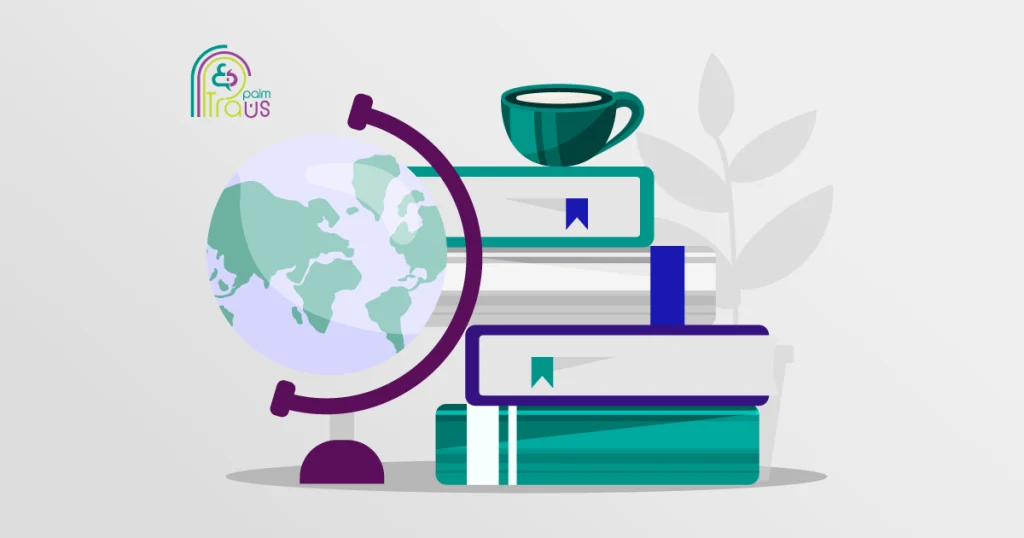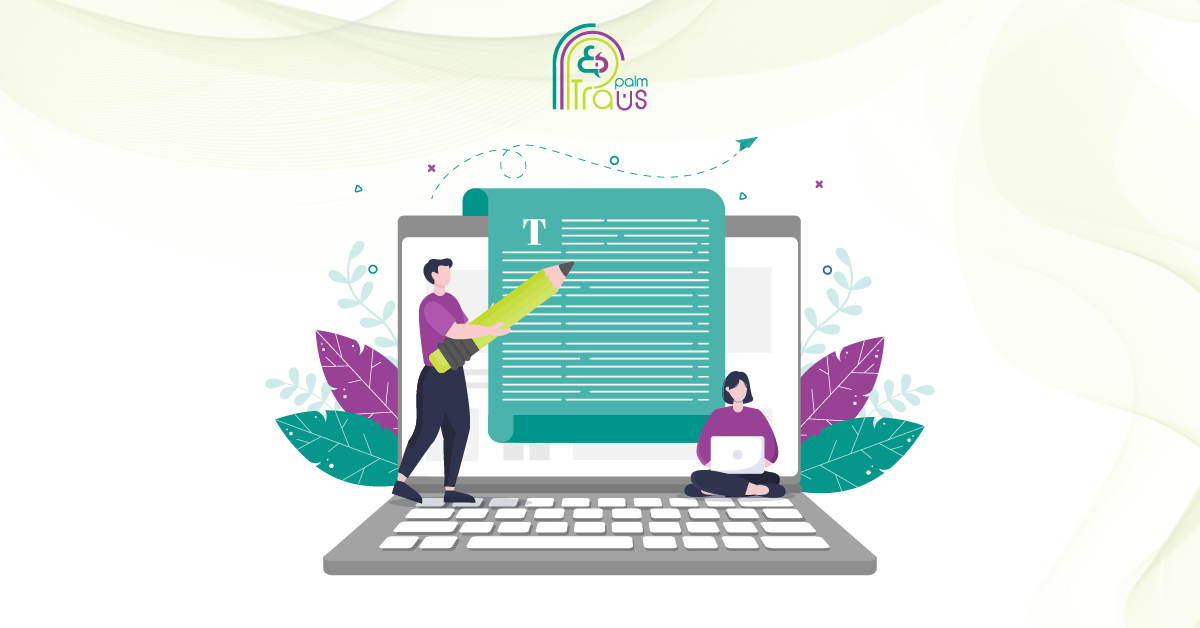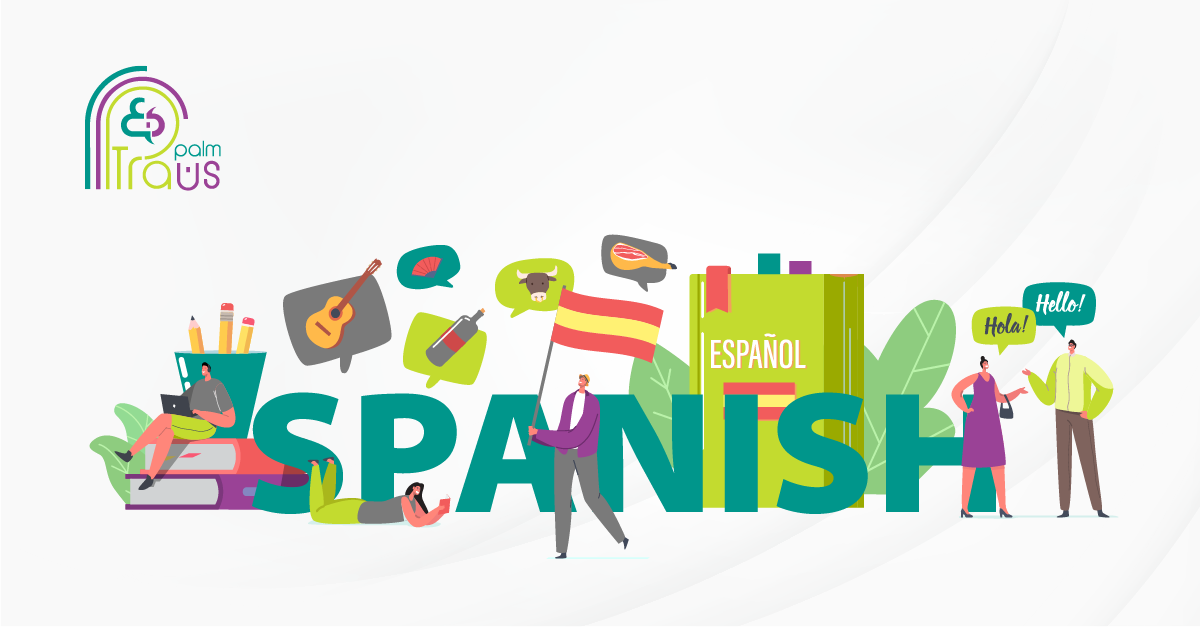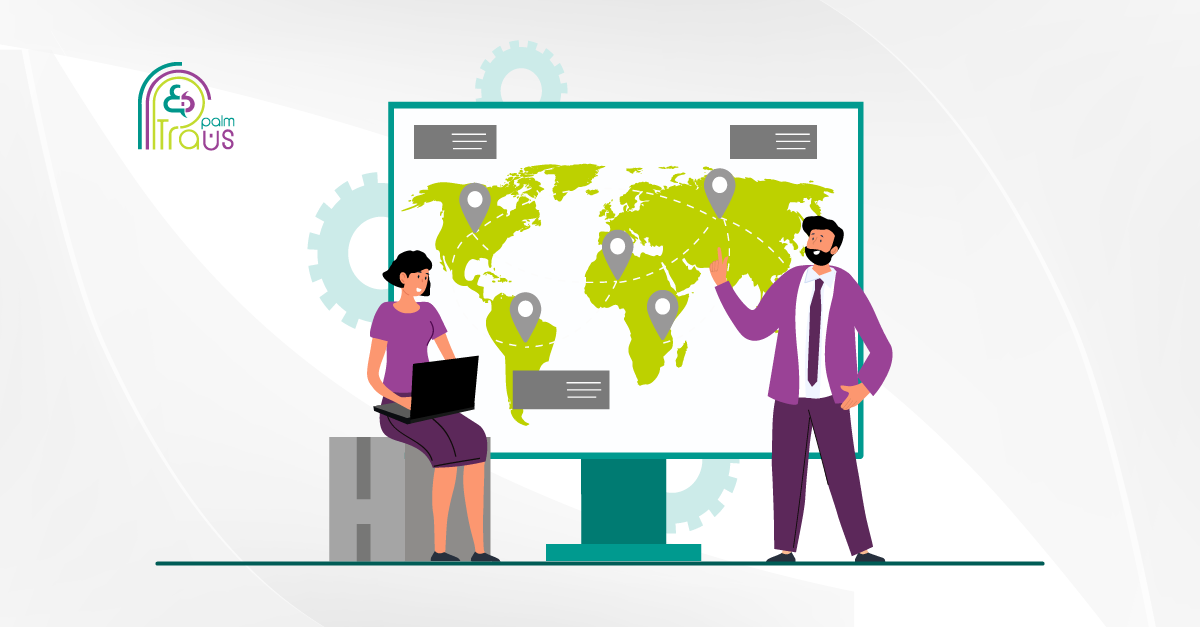Have you ever wondered why certain books are read by most people globally? Some books have a special charm that forces them to be shared across cultures, it could be a story that touches the heart or a tale that captivates the mind.
This blog will explore what makes a great work of literature so appealing to be translated for global audiences and highlight the top 10 most translated books in the world. Keep reading to find out!
What Do You Think Makes a Book Widely Translated?
The world is full of amazing literary works, with countless authors’ works being translated into different languages every year to reach global audiences. Here’s why certain books are translated into so many languages:
1. Universal Themes and Relatable Characters
Certain literary themes can connect all peoples since they represent fundamental human feelings or experiences. For example, themes of love, loss, courage, friendship, belonging, ambitions, resilience, identity, and more are personally relatable across cultures and languages.
Adding to this, readers are drawn to characters who reflect their experiences; those who share our dreams and struggles become truly memorable figures. Books that feature relatable characters increase the demand for literary translation services so that a wider audience can resonate with them.
2. Strong Narrative and Unique Storytelling
Books with strong narratives and well-crafted plots become timeless treasures, capturing readers for years. Complex plots, such as non-linear timelines and dual narratives with separate storylines or different perspectives, create an immersive reading experience.
A storytelling style that involves magical realism and focuses on the character’s psychological complexity also draws international readers for their creativity, making these books worth translating to reach global audiences.
3. Strong Cultural Significance
Books that show the true essence of a culture are considered a gateway to a new world. Authors who successfully convey the spirit of their country captivate readers from different backgrounds eager to learn about the culture and experience it. Professional translation then plays a key role in bringing these rich stories to life for audiences everywhere.
Reading mythologies and historical events inspires readers from around the world to delve deeper into these stories, which stimulates the demand for translation, helping us understand new cultures, their values, and how they perceive the world.
4. Critical Acclaim and Awards
Prestigious international awards or nominations, such as the Nobel Prize or Pulitzer Prize, can further bring attention to literary works, making these books more likely to be translated into different languages. Positive critiques and endorsements from respected literary figures often arouse interest in translation, attracting more readers and media attention to literary books.
5. Support from Media and Pop Culture
When a novel is adapted into a hit series and blockbuster movie, it captures people’s attention to the story of the book. This drives audiences to seek out translation services to experience the original work firsthand.
Have you ever engaged with a post discussing a book that went viral on social media? Sometimes, the buzz surrounding the book can catch the attention of new readers, increasing the call for literary translation services to read the book in their native language.
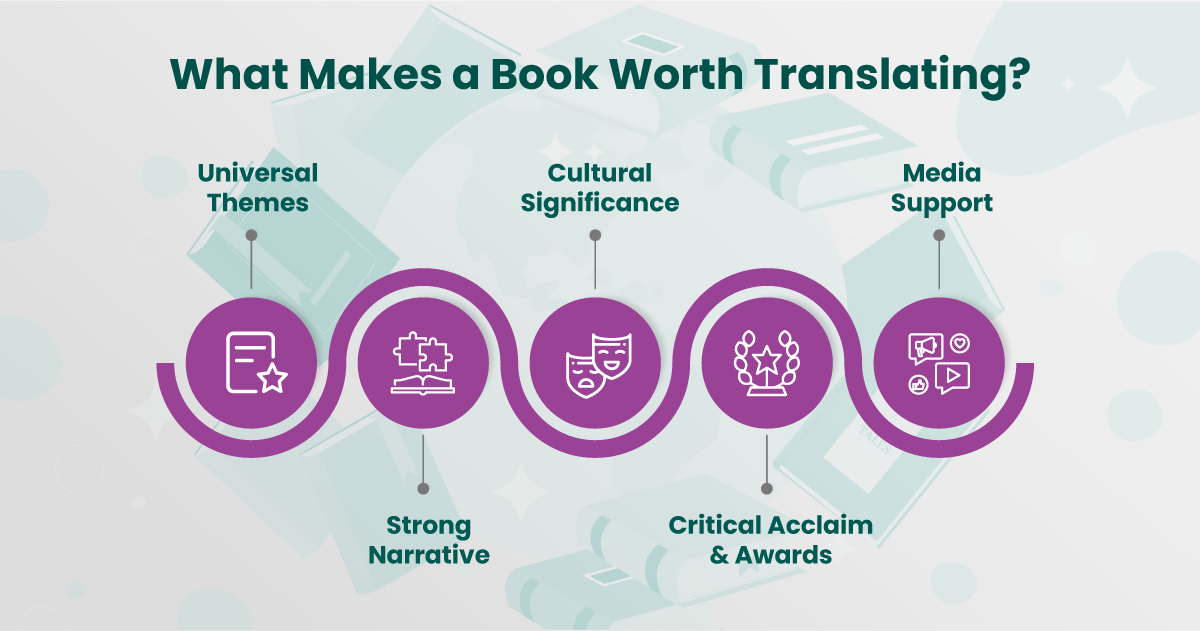
The World’s Most Translated Book
If we consider religious works in our list of the most translated books, the Bible would be the most translated book in the world, breaking all records. According to Wycliffe Global Alliance, the Bible has been completely translated into almost 736 languages, while individual parts have been translated into 3,658 languages.
The Bible was originally composed in three different languages. Most of the Old Testament was written in Hebrew. However, certain parts were written in Aramaic.
The New Testament, on the other hand, was written in Koine Greek, the common language of the everyday people in the Eastern Mediterranean from approximately 300 BCE to 300 CE.
However, translating the Bible can present a number of difficulties, such as accurately expressing the content of ancient texts, the cultural context of the source language, and the possibility that some terminologies lack equivalents in other languages.
Other challenges include maintaining theological integrity while preserving the original tone, style, and intent. As a result, it requires a professional translation services company that has no room for mistakes.

Top 10 Most Translated Books
1. The Little Prince
Le Petit Prince by Antoine de Saint-Exupéry, well-known in English as “The Little Prince”, takes the lead on the list of the most translated books in the world. The novella is also one of children’s favorite books of all time.
The first edition was published in New York City in 1943. The Little Prince, originally written in French, has been translated into over 540 languages. This storybook is famous for its poetic tale. The enchanting watercolor illustrations, with simple yet philosophical insights, have captured readers’ hearts worldwide.
The story revolves around a young prince on his journey across planets, where he meets strange characters who help him discover profound truths about human nature. Le Petit Prince illustrates universal themes of loneliness, friendship, love, and loss in a deeply touching manner.
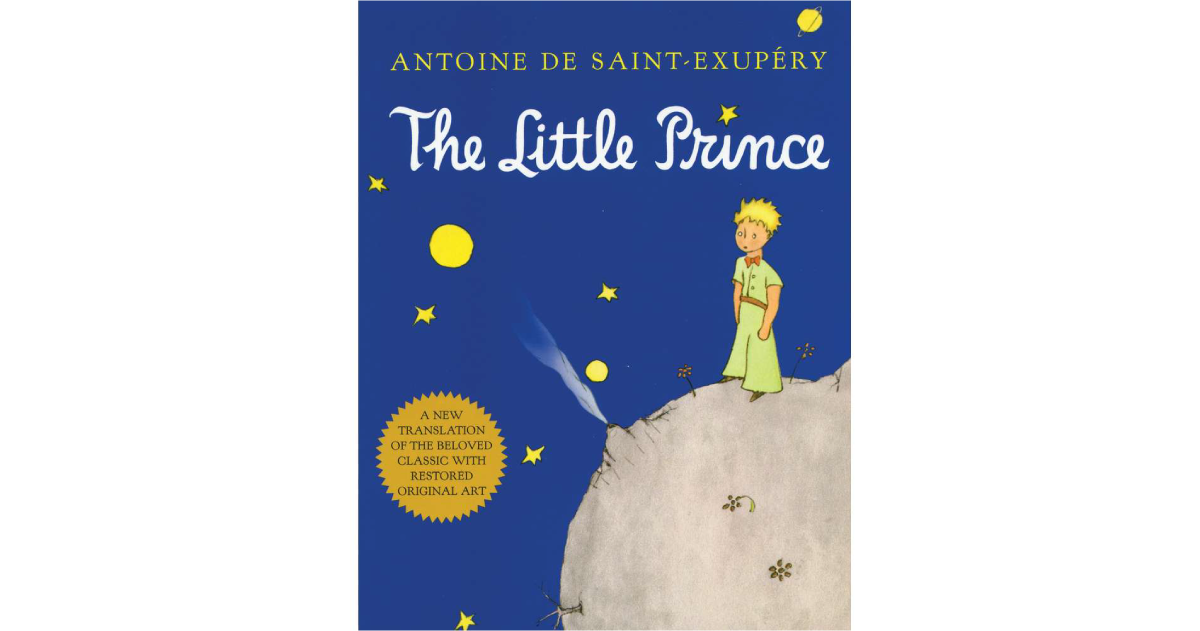
2. The Adventures of Pinocchio
Who could resist the charm of the adventures of Pinocchio? This timeless story has defined childhoods worldwide and was brought to the big screen as an animated movie by Walt Disney Studios.
The Adventures of Pinocchio, originally titled “Le avventure di Pinocchio” in Italian, was written by Carlo Collodi, then published in 1883. This Italian children’s literature classic has been translated into more than 260 languages.
It is the tale of a little wooden marionette named Pinocchio whose nose grows every time he tells a lie and becomes a real boy through a series of adventures. Pinocchio’s transformation journey resonated with audiences globally, as it carries valuable moral lessons about love, honesty, courage, and character development.
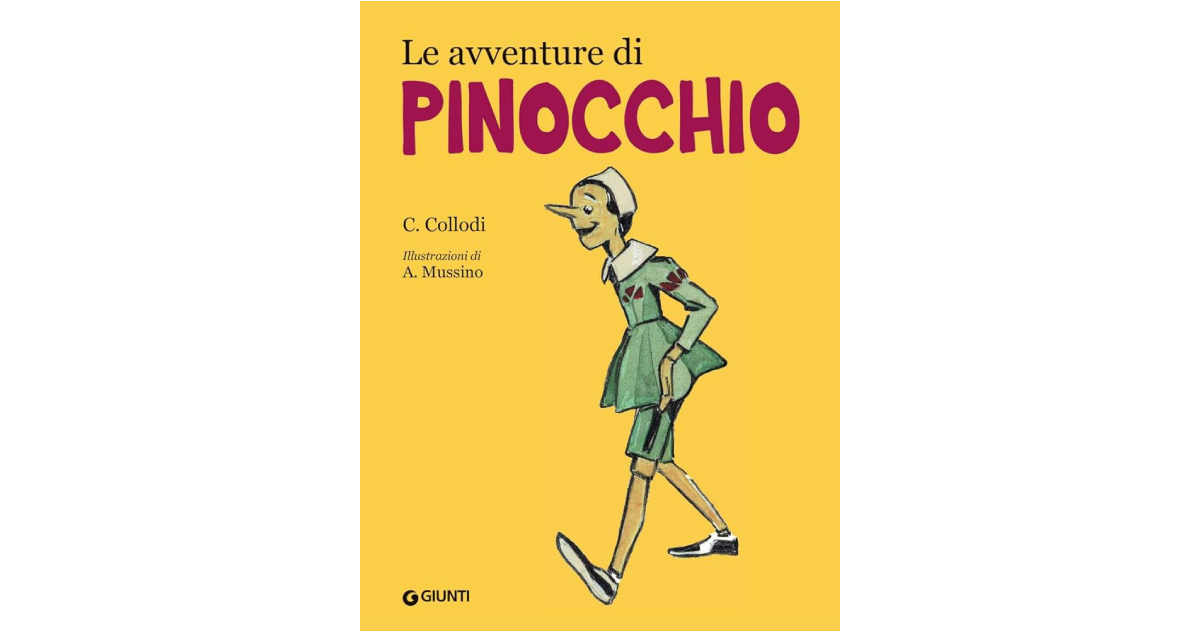
3. Tao Te Ching
The Tao Te Ching, written by the Chinese philosopher Lao Tzu, is often regarded as the foundation of Taoism.
This profound book has been translated into over 250 languages and contains 81 verses about “The Way”, it’s a guide to a virtuous life.
The book offers wisdom about living in balance and harmony with the universe’s fundamental nature. The Tao Te Ching has influenced Eastern and Western thought, inspiring poets, leaders, and philosophers. So, it has become one of the most translated books in the world.

4. Alice’s Adventures in Wonderland
With its fantastical tales and riddles still sparking mystery and curiosity to this day, Alice’s Adventures in Wonderland has become one of the most translated books of English-language fiction.
The widely beloved British children’s book was written by Lewis Carroll and published in 1865. The story centers on Alice, who lost her way and found herself in a surreal world full of peculiar creatures. The author employs clever wordplay, topsy-turvy logic, and exciting plots to keep readers captivated for the longest time.
The global appeal of vivid fantasy has led to its translation into almost 174 different languages. It has also been adapted into countless movie adaptations, including the most prominent one, Alice in Wonderland, directed by Tim Burton.
Its whimsical characters, like the Mad Hatter and the Queen of Hearts, have become iconic in pop culture. The book explores universal themes like identity, curiosity, and absurdity that resonate with global readers and presents timeless lessons on the nature of reality and personal growth.

5. Don Quixote
El Ingenioso Hidalgo Don Quijote de la Mancha, penned by the Spanish author Miguel de Cervantes. It is regarded as the first modern novel, shaping the course of Western thought for centuries.
“The Ingenious Gentleman Don Quixote of La Mancha” was originally published in two parts in 1605 and 1615. The first English translation was released in 1612, before the second part of the novel was published in Spanish. Since then, it has been translated into over 240 languages.
The plot revolves around the adventures of a noble knight-errant, Alonso Quixote, who reads so many chivalric romances that he loses his mind and decides to revive chivalry and serve his nation.
The novel is a mix of comic and a tragedy, touching on universal themes of idealism, the quest of meaning, and an in-depth exploration between reality and illusion that strikes a chord with readers worldwide.
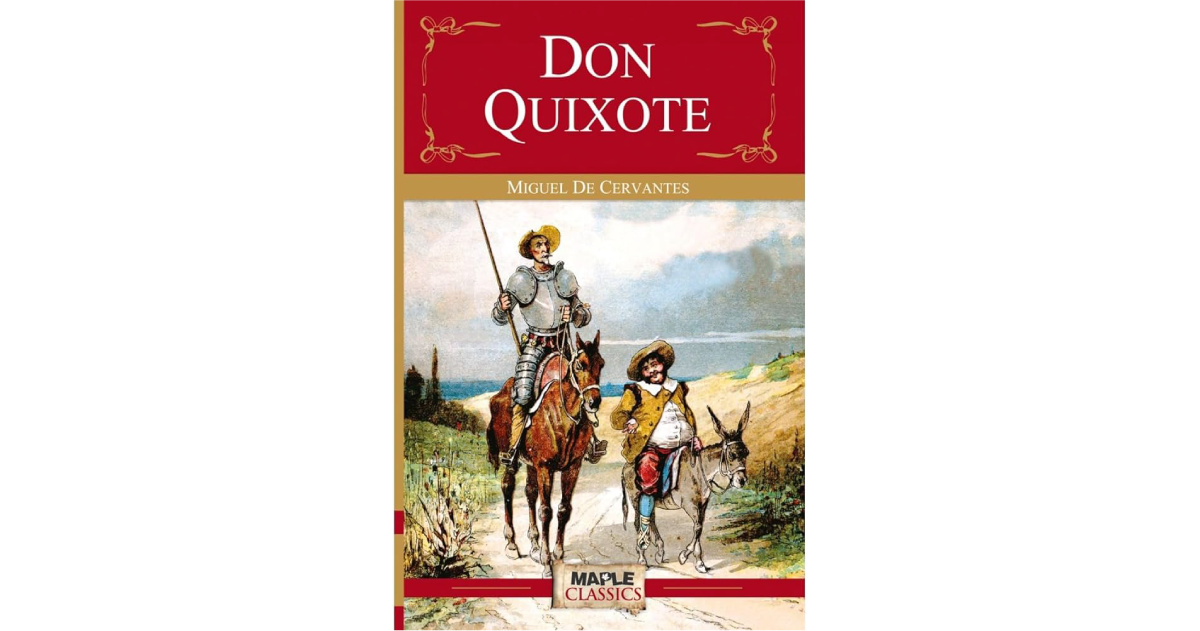
6. Twenty Thousand Leagues Under the Sea
The remarkable science fiction novel “Twenty Thousand Leagues Under the Sea” was penned by Jules Verne in French. After that, it has been translated into 170 languages.
This classic takes us on a captivating adventurous journey with Captain Nemo and his companions beneath the oceans to explore wonders of the sea.
Universal themes of exploration and the quest for knowledge strongly connect with global readers, increasing its translation across cultures.
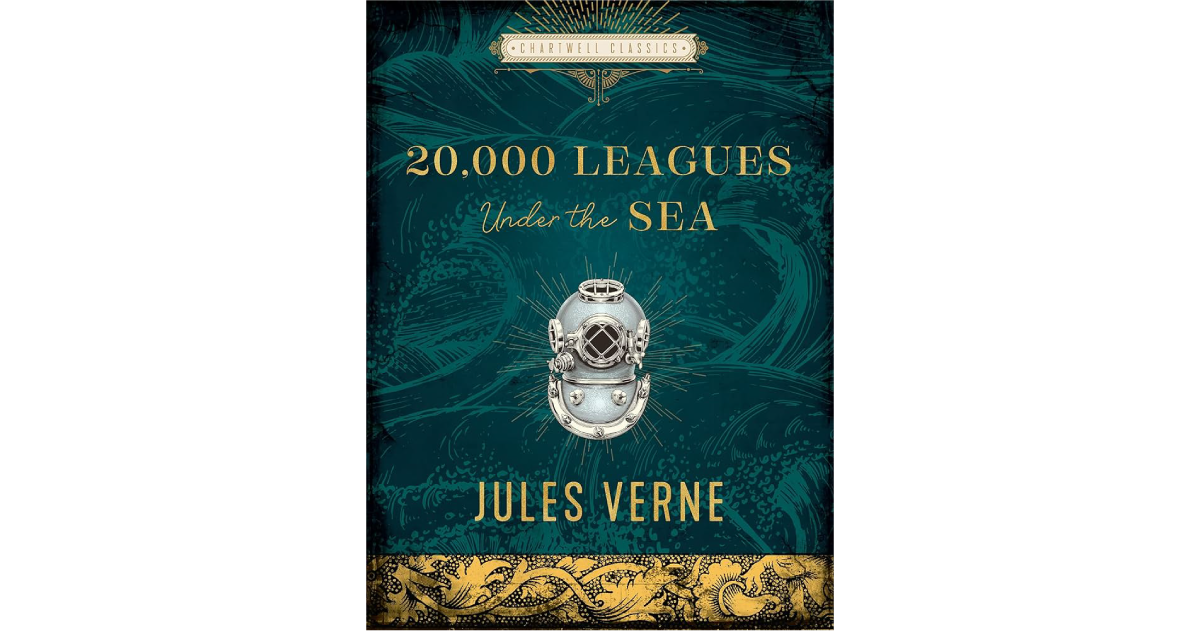
7. Andersen’s Fairy Tales
The best-known Danish author, Hans Christian Andersen, published a collection of tales culturally embedded in the West’s collective consciousness, titled “Andersen’s Fairy Tales“.
It contains 156 stories across nine volumes, and they have made their way into over 125 languages.
Some of his most popular fairy tales in western literature, such as “The Little Mermaid”, “The Nightingale”, “The Emperor’s New Clothes”, and “The Ugly Duckling”. Andersen’s tales often convey meaningful moral lessons about virtue and resilience amid adversity. They have fascinated the global audience and have been adapted into numerous films, plays, and musicals.

8. The Prophet
The philosophical and spiritual classic “The Prophet” was written by Lebanese-American writer and poet “Khalil Gibran”. First published in 1923 in English, it has been translated into over 100 languages.
The book is a collection of 26 poetic essays that follow the character of Almustafa, a prophet who shares his wisdom with people of the city on topics like joy, love, work, sorrow, freedom, and friendship. The book’s universal themes of human experience have inspired readers worldwide in Eastern and Western cultures.

9. Harry Potter Series
The Harry Potter series by J.K. Rowling has sparked the imaginations of generations and its legacy extends far beyond the books, with blockbuster films and immersive theme parks. First published in 1997 in English, it has since been translated into 80 languages.
It is a seven-book fantasy saga following the journey of Harry Potter, a young wizard, through the mystical halls of Hogwarts as he battles Lord Voldemort. This world’s best-selling series reflects universal themes like courage, friendship, and good vs. evil, making it a global phenomenon.

10. The Alchemist
Paulo Coelho is well-known for his most celebrated work “The Alchemist”, originally written in Portuguese. It is a spiritual odyssey that has spoken to readers globally, and translated into over 80 languages.
The novel tells the story of an Andalusian shepherd, Santiago, on a journey to find treasure. Along the way, he learns valuable lessons. The pursuit of following our dreams and listening to our hearts has made this iconic work resonate with readers from different cultures.
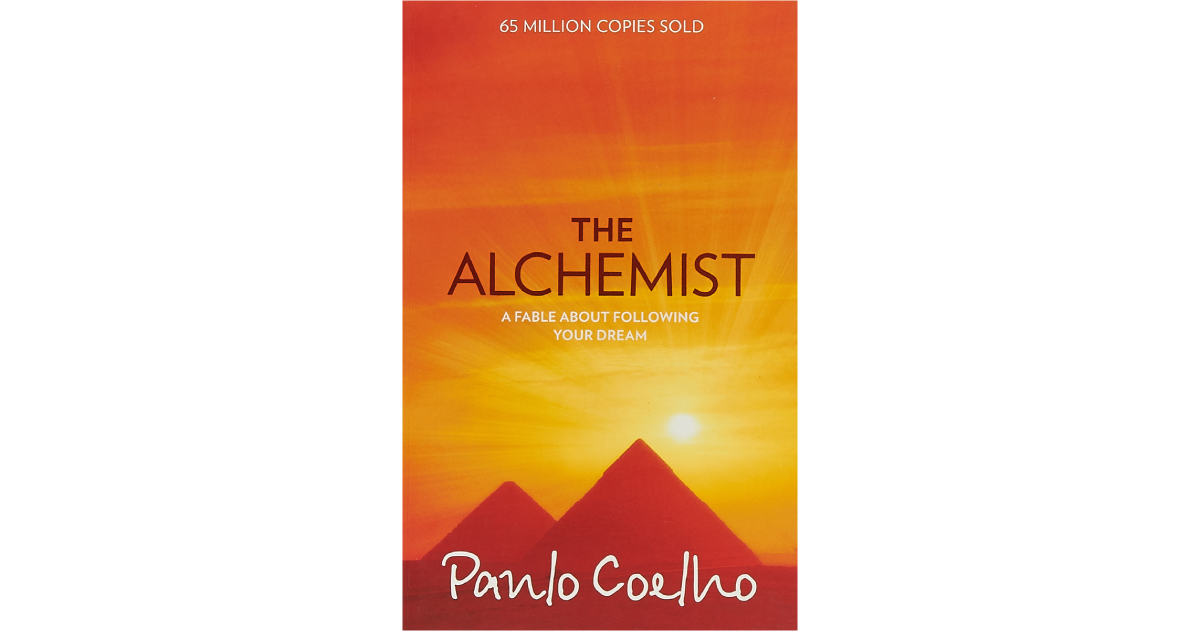
Reach Global Audiences with TransPalm’s Translation Services for Literary Works
A book becomes extensively translated when it features universal themes, compelling storytelling, and cultural relevance.
At TransPalm, our Literary translation ensures that all these elements are preserved in literary works to cross borders in over 120 languages.
Contact us today to learn more. Share your favorite translated literary books in the comments below, we’d love to hear from you!

